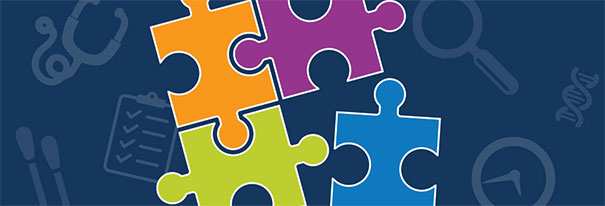A study from the European Society for Blood and Marrow Transplantation compared HCT (Hematopoietic Cell Transplantation) outcomes between haploidentical (half-matched) donors and 9/10 mismatched unrelated donors (MMUD) for 1,751 patients with acute myeloid leukemia (AML) in complete remission. All of the patients’ treatment included post-transplant cyclophosphamide (PTCy).
The patients who received 9/10 MMUD transplant had better 2-year overall survival, non-relapse mortality and leukemia-free survival than the patients who received haploidentical transplants. And, importantly, the time from diagnosis to transplant was the same—about 6 months—for all groups.
The results of this study show that HLA (Human Leukocyte Antigen) matching may fall along a continuum and that considering mismatched and haploidentical donors offers more patients access to transplant. It is important to compare outcomes using both donor types to make informed decisions for patients when both options are available. And when both options are available, it may be preferable to prioritize minimally mismatched unrelated donors (MMUD) over haplo donors.
Learn more by reviewing a comprehensive analysis and description of the study.

